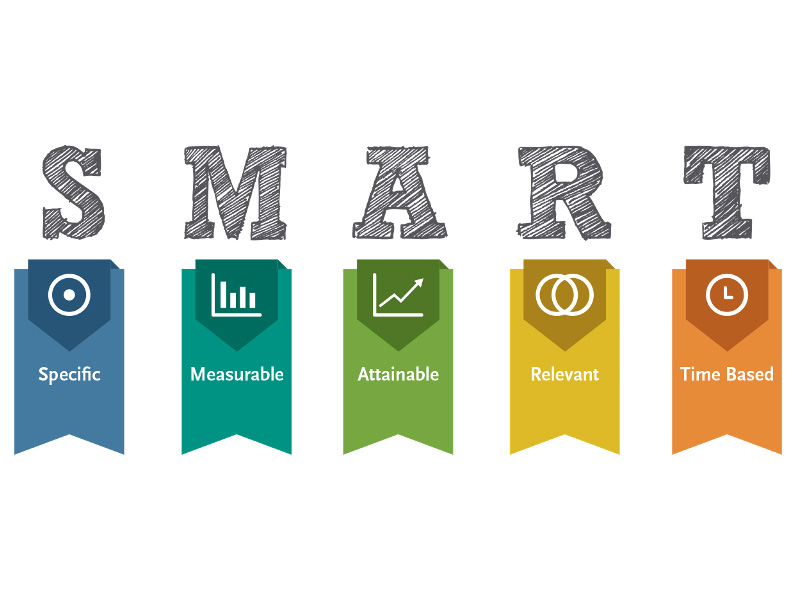
By Emily Gratopp, MS, ACSM-CPT, Extension Educator in Lancaster County
January is a month when many people reflect on the year behind and set goals or “resolutions” for habits they wish to change in the year ahead. The past year of 2020 was certainly a year with unexpected events. Reflection on last year and looking ahead to 2021 may look different than most years.
Many New Year’s resolutions include health-related goals like “eating healthy” or “exercising more.” Perhaps upon reflection of this past year, we changed health habits we were not expecting to change, like hand washing, mask wearing and online grocery shopping.
ACHIEVING HEALTHY HABIT CHANGE
Achieving health and happiness can be difficult and often requires intentionality. Everyday actions that lead to health and happiness are simply “habits.” Habits are repeated actions we do everyday that define our life. Changing habits is tricky due to their very nature — habits are actions repeated so often they seem to occur naturally.
The necessary elements to change and pursue healthier habits are (based on Beckhard-Harris Change Equation):
• Dissatisfaction with the status quo.
• Strong vision for possibility of change.
• Sound goals/action steps.
• Support.
Regardless of the difficulty, most people do attempt to set and achieve health-related goals at New Years — a noble pursuit! As you reflect on the year that has passed and make resolutions for the year ahead, consider what “being healthy” means to you right now. Which “status quo” of your health are you dissatisfied with enough to change?
Before jumping to the obvious “eating healthier” and “exercising more,” consider the toll this past year may have taken on your mental and social health. Perhaps consider health changes in the areas of self-compassion, positive self-talk and gratitude. (If you’re interested in assessing your self-care habits, I recommend this short Mindful Self-Care Assessment from the University of Buffalo, http://www.surveygizmo.com/s3/5556058/mscs).
TIPS AND TRICKS TO CHANGE HABITS
Consider these tips and tricks to make your New Year’s resolutions into habits that stick:
• Find your motivation. Dig deep for this one. Keep asking yourself “why?” until you get to the root of why you want to change a habit.
• Focus on the fun/enjoyment.
* Make fruits and vegetables craveable. Find healthy foods you love. We have several healthy recipe suggestions at https://food.unl.edu.
* Make exercise your favorite part of the day. Pick physical activity you actually enjoy. If you hate doing burpees and push-ups, then don’t do them! There are many ways to be active — dance, Tai Chi and walks with friends, to name a few — find the ones you love.
* Make your self-care moments feel like spa retreats built into your day.
• Get clear goals and take it one small step at a time. Make SMART goals (Specific, Measurable, Attainable, Realistic and Timely). Consider “Tiny Habits: The Small Changes that Change Everything” by BJ Fogg, which emphasizes just how tiny some of these habit changes need to be.
• Keep your eye on the prize. Visualize success. Find a way to track the habit change so progress can easily be seen.
• Celebrate small successes. Once you have determined how to measure your habit change, take time to relish in small successes along the way. These successes can be one positive self-talk comment or losing two pounds. No matter the size of the benchmark (make them easy and set lots of little ones) — take a moment to celebrate each success. Tell yourself you’re amazing. Post how successful you’ve been on Facebook. Do a happy dance. Let yourself smile and relish in one small victory.
Best of luck with pursuing your New Year’s resolutions. Please consider sharing your habit-change story with us via email at emily.gratopp@unl.edu or phone 402-441-7180, ask for Emily.